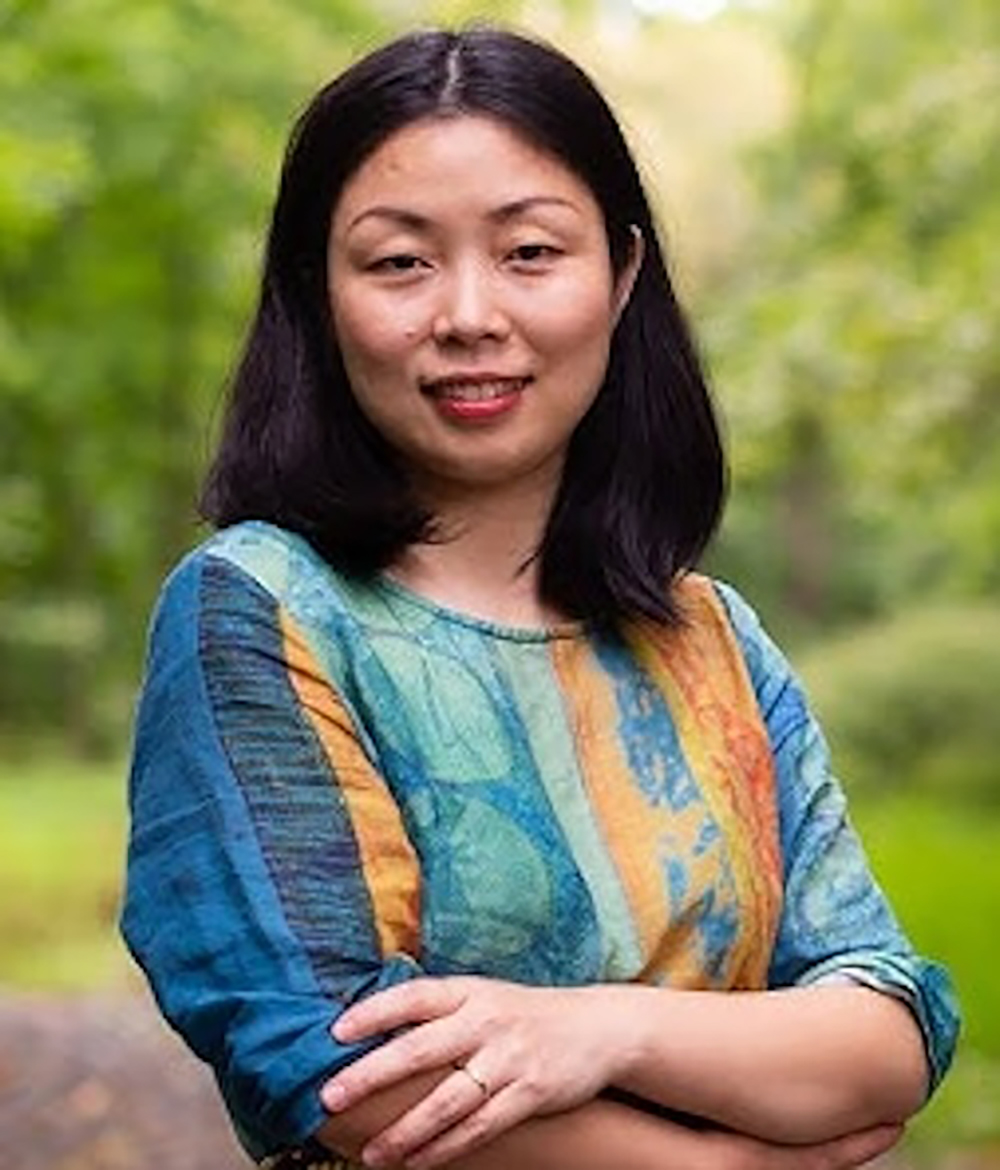Nanfu Wang
Filmmaker
China

Nanfu Wang is a Chinese-born American filmmaker, best known for documentaries like One Child Nation and Hooligan Sparrow, which explore human rights, activism, and social history in China. Born in a remote farming village in Jiangxi Province, Wang came to the United States in 2011 and became interested in film through her graduate studies at the journalism school of Ohio University and later at New York University’s News and Documentary program. Her first film, about the Chinese gender activist Ye Haiyan, debuted at the Sundance Film Festival in 2016. Since then, as Wang’s international reputation has grown—One Child Nation, about China’s one-child policy, was shortlisted for Best Documentary Feature at the 92nd Academy Awards—so has the animosity shown toward her by her home country. Her work is consistently banned, false narratives about her are spread online, and she and her crew face continued risks from authorities whenever they film in China.
“Think about the worst that could happen. That’s not to deter you from doing it, but it’s so you can plan for the worst and prepare for it. Think each of the scenarios through and have a plan.” – Nanfu Wang
Making my first film changed me a lot—my worldview, my political views, and myself. I became an activist. I had decided to go back to China and make a film about a women’s rights activist. It was the first time in my life I had been to a protest in China. Only six people were standing in the street holding up signs. It was prohibited, and it was “bad” enough that the government arrested the activist I was making the documentary about and a few others. Because I was there holding a camera, the government and police turned against me, too. They started coming after me, and my family and friends wanted to know what I had documented. I felt the power, the violence, the suppression, the surveillance. All of those things were very abstract and invisible before. The entire process of each encounter with authorities and the government and their aggression changed me into an activist.
People asked me, “Are you a filmmaker? Are you an artist? Or are you an activist?” Why would you have to choose between them, and why does one have more weight over the other? If the definition of an activist is someone who takes action after seeing something that makes them want to change and do something, then a filmmaker is an activist: The action is simply to document and film and tell that story. My activism is trying to be a witness and then to share what I’ve witnessed with more people.
I learned what tactics the government uses to intimidate, to track, to surveil people. Being aware of those tactics, when I made another film in China I learned how to anticipate and prepare for the worst. When filming in China, it’s important to have communication security, because if any communication is leaked or monitored by the government beforehand, then we couldn’t even begin to do anything. We really make sure all communication within the crew and with the subjects is secure. Also, we need to be prepared if someone encounters the police: What do we say, what do we do, and what is the action we trigger if something really urgent happens? For all of those possibilities, we have plans in place, so we know that if something bad happens, we could minimize the consequence.






